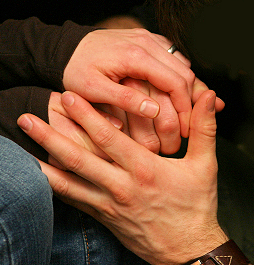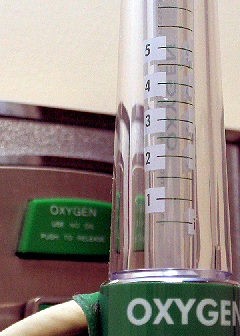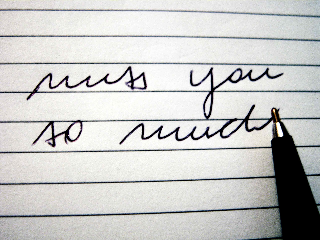 She didn’t remember ever feeling so exhausted, drained. As she looked out over the dark lake, illuminated only by the moonlight, she realized that she now understood the expression “tired to the bone” because she was convinced that her body had never felt this devoid of energy.
She didn’t remember ever feeling so exhausted, drained. As she looked out over the dark lake, illuminated only by the moonlight, she realized that she now understood the expression “tired to the bone” because she was convinced that her body had never felt this devoid of energy.
It was, in a surprising way, exhilarating. She knew that Dr. Nolan would label the events of this day a “breakthrough.” She could imagine the doctor smiling broadly with delight when she reported that she had spent the afternoon by herself, crying. Dr. Nolan had repeatedly encouraged her to “let go” and “process” her emotions, abandoning her normal reserve in favor of “feeling,” in the most visceral sense. Many times, listening to Dr. Nolan’s advice, she had resisted the urge to roll her eyes impatiently and attempt to change the topic of conversation. Now, however, she understood just why the doctor had been insistent that this simple exercise would be beneficial.
As relieved as she felt, however, she still had to make a decision and, of course, write the letter. Dr. Nolan’s pleasure would be short-lived . . . she would press for an update on her writing progress.
“Coffee,” she thought to herself as she shivered in the cold, dark vehicle. “And I really should get out of here. I don’t know how safe this place is these days.” After all, the nights that she had spent walking along the lakeside with him were many years ago.
She resisted the urge to drive to her favorite coffee shop, afraid that not only would the staff be concerned when they saw her red, swollen eyes, but because she did not want to encounter anyone else who would recognize her.
Rather, she drove out of the parking lot to a part of town where she was not likely to see anyone who knew her — and another place she had not visited in many years: The same quiet little coffee shop that had been their destination on so many nights as they drove out of that parking lot together. They had spent hours and hours there, talking and laughing, sharing their dreams for the future.
“Might as well give myself the benefit of the whole experience,” she thought to herself sardonically, as she again forged the route she had scrupulously avoided traveling for so many years.
 It seemed as though they had been sitting in the car for hours. The weight of the topic, her son’s expectations, and her responsibilities bore down on her, making her feel as though she could not breathe and tempting her to simply open the car door and run as far and fast as she could in any direction so long as her feet carried her away from everyone and everything familiar to her.
It seemed as though they had been sitting in the car for hours. The weight of the topic, her son’s expectations, and her responsibilities bore down on her, making her feel as though she could not breathe and tempting her to simply open the car door and run as far and fast as she could in any direction so long as her feet carried her away from everyone and everything familiar to her. “Earth to Mom, earth to Mom . . . ” He waved his hand in front of her face in an effort to get her attention.
“Earth to Mom, earth to Mom . . . ” He waved his hand in front of her face in an effort to get her attention. “So how did you do?” Dr. Nolan asked cheerfully, but expectantly.
“So how did you do?” Dr. Nolan asked cheerfully, but expectantly. She didn’t remember ever feeling so exhausted, drained. As she looked out over the dark lake, illuminated only by the moonlight, she realized that she now understood the expression “tired to the bone” because she was convinced that her body had never felt this devoid of energy.
She didn’t remember ever feeling so exhausted, drained. As she looked out over the dark lake, illuminated only by the moonlight, she realized that she now understood the expression “tired to the bone” because she was convinced that her body had never felt this devoid of energy. How long had she been sitting on the bench overlooking the lake, crying in a way that she had, quite literally, never cried before? When she finally began to compose herself, it was dark.
How long had she been sitting on the bench overlooking the lake, crying in a way that she had, quite literally, never cried before? When she finally began to compose herself, it was dark.